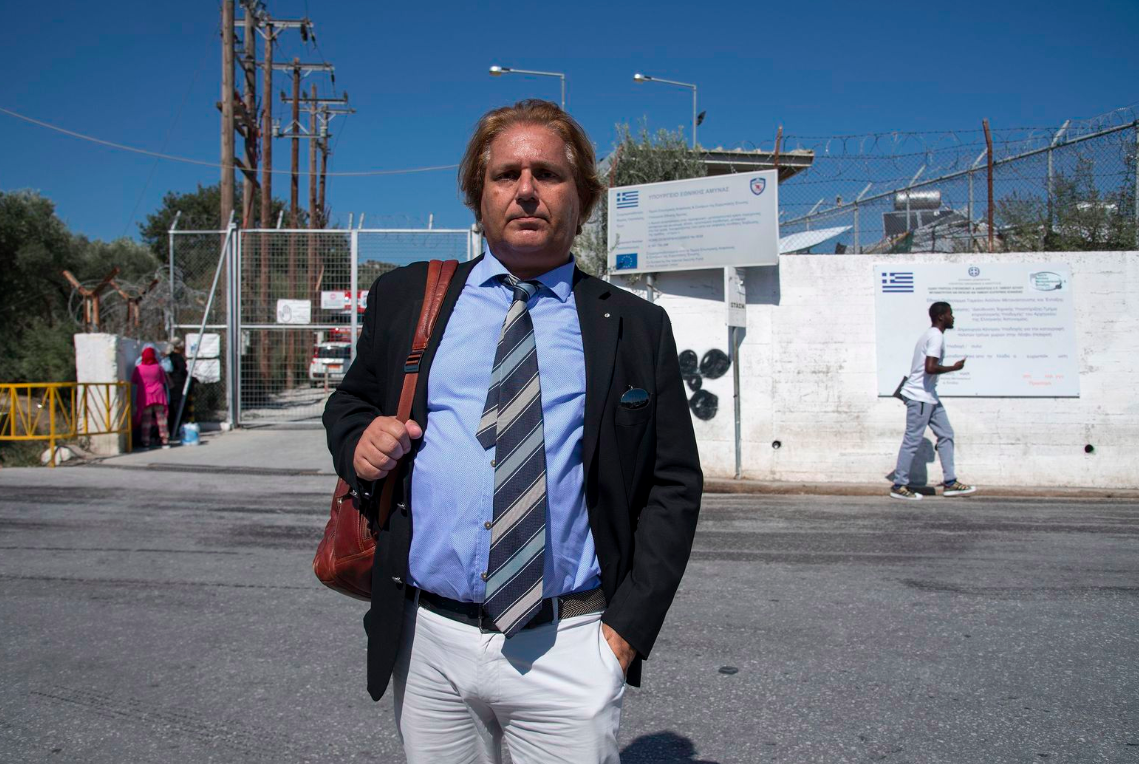Our mission at Phoenix NGO is to promote the smooth and sustainable integration of refugees and asylum seekers into Greek society by providing legal and social services.
Phoenix NGO was founded in December 2017 by Mr. Emmanuel Chatzichalkias, in response to the refugee flows arriving to Greece. The headquarters are located in Mytilene, the main city on the southeast of Lesvos, on 16 Agios Therapontos Street.
Mr. Emmanuel Chatzichalkias is an accredited mediator and lawyer specialized in Greek asylum law, with clients from all over the world. Devoted to justice, he has created Phoenix NGO to broaden his services to those who can not afford the costs of a private lawyer.
Phoenix is a non-profit organization and therefore has no commercial purpose, nor does it seek any financial benefits. Donations support the cost of legal procedures, medical appointments and other social services.
Without your donations, Phoenix can not continue to protect the rights of those most vulnerable.
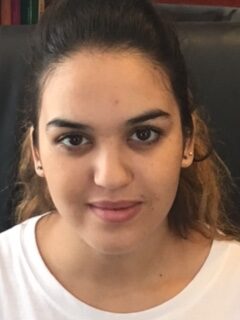

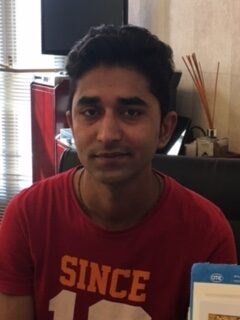
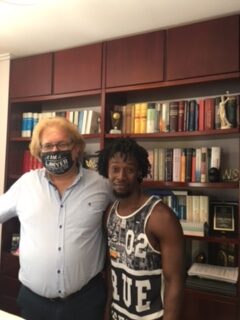
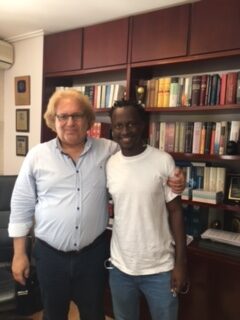
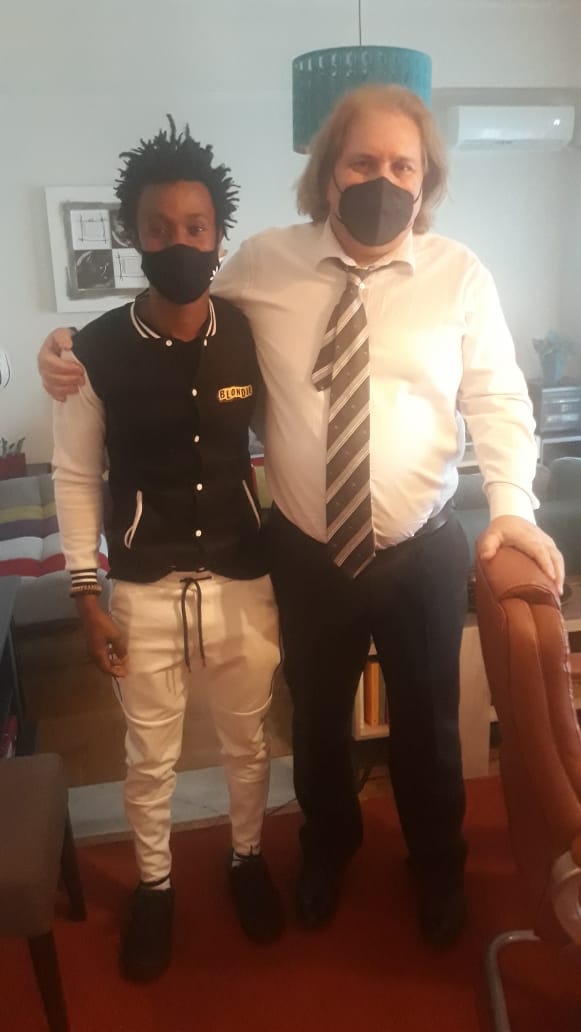
Mr. Chatzichalkias has been an incredible mentor. His candor and integrity are remarkable. This man is nothing but dedicated to justice and other’s wellbeing ; it has been an honor to learn by his side.
This has been such an enriching experience. Before coming I hadn’t expected I could learn so much so quickly. I have developed solid knowledge on the Greek asylum laws and administrative procedures. I am very grateful to Mr. Chatzichalkias.
Emmanuel Chatzihalkias: The advocate for refugees on Lesbos - Der Spiegel Ausland
Article by Giorgos Christides and Maximilian Popp
Lawyer fights pro bono for refugees – The good man of Lesbos
Refugees on the Greek island of Lesbos are starving – because EU policies are failing. As one of a few, lawyer Emmanuel Chatzihalkias is trying to enforce their rights. It’s a lonely fight.
Emmanuel Chatzihalkias believed in the European Union, in its institutions, in its mission. He worked as a lawyer for the EU Commission and the European Parliament in Brussels for several years. Now he wonders if that was a mistake.
Chatzihalkias is sitting in a café in the harbor of Mytilini, the largest city on the Greek island of Lesvos. He looks out over the sea, across which people still flee from Turkey to Europe every day. “When you live on Lesvos, it’s hard not to lose faith in Europe,” he says.
The 52-year-old made a lot of money as a business lawyer. Now, however, that work is largely dormant, and Chatzihalkias is working full-time on behalf of refugees on Lesvos. Nearly 200 lawyers are registered on the island, and Chatzihalkias is one of very few who accepts asylum seekers as clients – usually for little or no fee.
The EU praises the Moria refugee camp on Lesvos as a model of success: Greek authorities should decide on asylum applications here within days, in the wake of the refugee agreement the Europeans reached with Turkey in April 2016. Applicants entitled to protection in Europe would be distributed among EU states, with all others sent back to Turkey. That was the plan.
But the process has stalled before it began. The authorities are overwhelmed. Some migrants have been waiting for their decision for more than two years. Only a fraction of those seeking protection have been sent back to Turkey, and just as few have been redistributed in Europe, as most states refuse to accept refugees. Camp Moria, which is geared for 2 230 people, currently houses nearly 9 000 migrants. Conditions are so disastrous that authorities partially evacuated the camp at the end of September.
Refugees on Lesvos
Refugees on Lesvos: The Island of the Damned
By Giorgos Christides and Maximilian Popp
Lawyer Chatzihalkias represented a refugee from Pakistan who was not treated despite a heart defect because the hospital on Lesvos is overloaded. He tells of families torn apart and children who attempted suicide in the camp. A group of migrants from Cameroon, he says, were locked up in deportation detention immediately after arriving on Lesvos – without even being heard by an asylum officer. The men now spend 22 hours a day in a cell, are only allowed out in the yard for two hours, and are only allowed to use their cell phones on weekends, he said. “On Lesvos, existing law is overridden every day,” Chatzihalkias says.
“I just want to enforce the law for people who have no lobby”
At least twice a week, Chatzihalkias visits Moria. He drives along a winding country road from Mytilini, through olive groves, to the camp, which, with its concrete wall and barbed wire, resembles a prison camp. Sewage flows over the road, there is a smell of urine. People crowd into overcrowded containers. There has long been no more room in the official camp, so hundreds of refugees have pitched their tents in an olive grove next door. The organization “Médecins Sans Frontières” reports that diseases are breaking out in the camp again and again. A quarter of the children and young people with whom MSF staff held therapy sessions in the spring had thought about or tried to commit suicide.
Chatzihalkias grew up in a wealthy family. His grandparents once came to Lesvos themselves as refugees from Turkey, and his father built up a supermarket chain. The family history still shapes him today. Chatzihalkias does not look like an activist. He wears a suit, blow-dried hair, sunglasses. “I’m not a utopian,” he says. “I just want to enforce the law for people who have no lobby.”
On the island, he’s met with hostility – in the camp, he’s celebrated
Chatzihalkias has long known no off-hours and no weekends. He has supervised about 400 cases. For his commitment, Chatzihalkias is hostile to some residents on Lesbos. They ask him why he stands up for the “invaders” and whether he wants the island to become Muslim.
Among the refugees in Moria, however, Chatzihalkias is revered. When he walks through the camp, men and women approach him to shake his hand. Clients pass on his number.
The EU-Turkey deal has turned Lesbos into a prison for refugees, Chatzihalkias criticizes. There is nothing he himself can do about it. “I can only fight the grossest injustices.” Chatzihalkias is convinced that Europeans must take more responsibility for those seeking protection. “You Germans think the refugee crisis is over,” he says. “We here in Lesvos are still facing it every day.”
WHY PHOENIX ?
The organization seeks to demonstrate that a new beginning is possible. Like the mythical creature, through hard work and dedication, the organization accompanies those in need towards a stable and safe life ; a rebirth from the ashes.
More historical information on the Phoenix and its significance in cultures around the world can be found on Britannica.
TRANSPARENCY
The organization is not involved in speculative operations and all its proceeds are available for the fulfillment of its missions.
The financial resources of Phoenix may come from:
a) Donations, sponsorships and contributions of the Partners,
b) Donations and sponsorships of the Phoenix members and third party,
c) European, national and international grants and funding from public and / or private entities and authorities for the design and implementation of studies and programs,
d) Donations, grants and financing of public services, the State Budget, the Public Investment Program, European programs, National Strategic Reference Framework (NSRF) and public or private enterprises in Greece or abroad,
e) Income from legal or natural entities provided in support of the organization’s purposes,
f) Income that does not contradict the organization’s law and ethic,
g) Income from the operation of its property,
h) Special contributions established by the General Assembly.
The financial year coincides with the calendar year. Every January, under the responsibility of the President-Managing Director, the report of the previous financial year and the budget of the next (current) financial year is proposed. The report and the budget are approved by the Assembly of Partners, with a simple majority of the members present.

